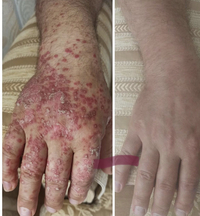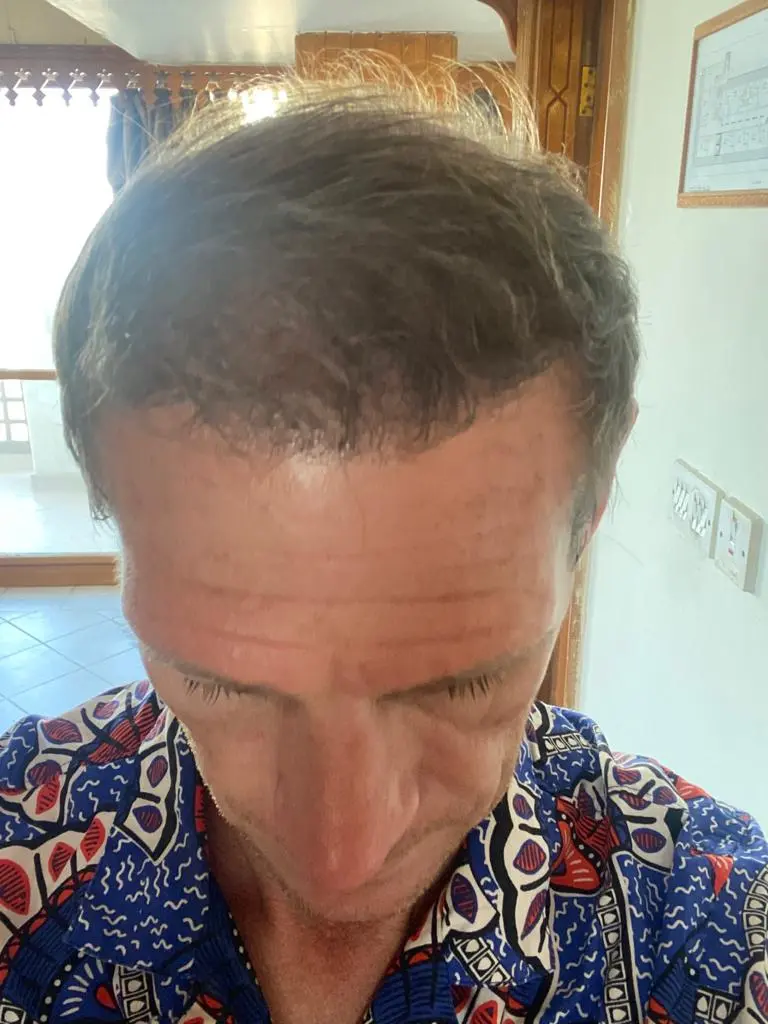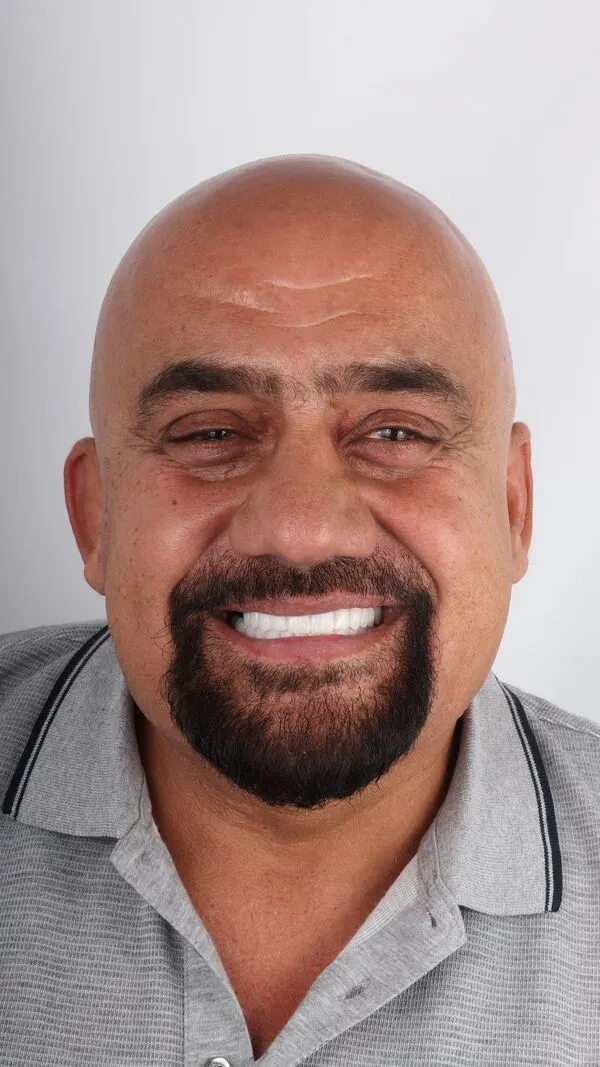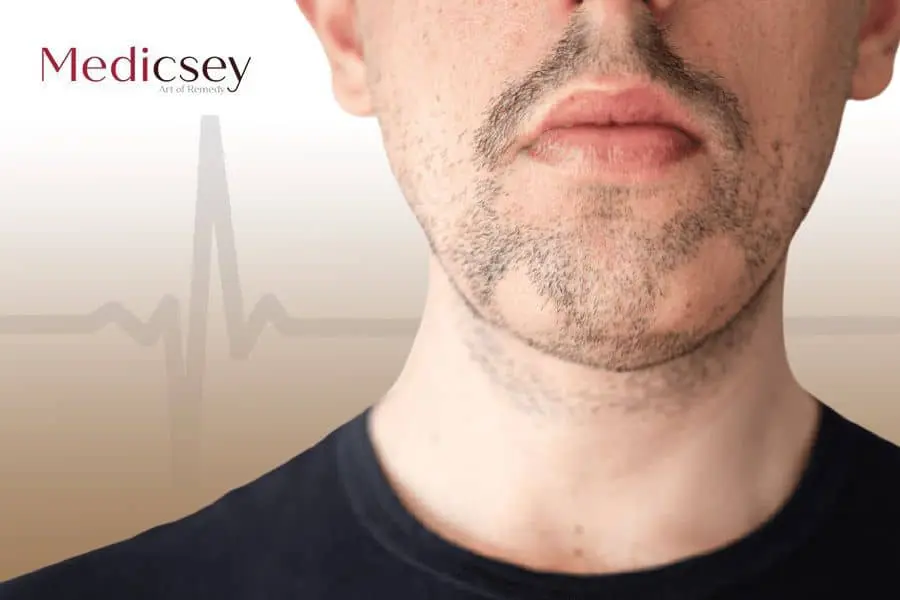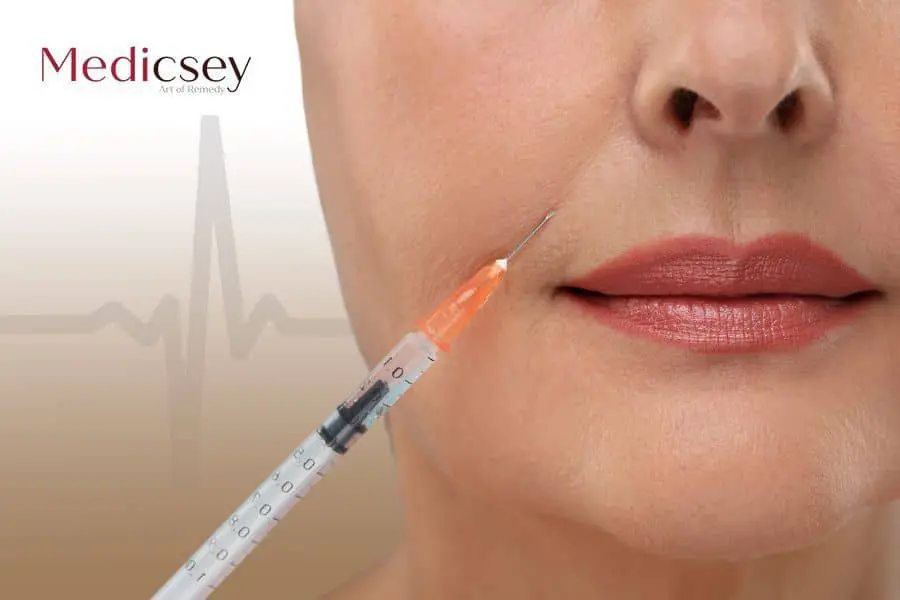Traveling abroad for medical treatment has seen a real leap in Western European and American countries over the past few years, especially in medical treatment in Turkey.
Medical treatment in Turkey
- Today 5% of all international trips are related to medical tourism. About 14 million people decided to go abroad to get health care. It is noteworthy that the cost of medical treatment in Turkey with the calculation of all transportation expenses and the total cost of living is several times lower than in the countries of the tourists.
- 40% of the total income in medical tourism is through dental services, 42% in orthopedics, cardiology, and neurosurgery, and 15% in plastic surgery in turkey.
- Medical treatment in Turkey has surpassed many countries due to the level of medical services, the high experience of the hospital staff, the kind hospitality, as well as the attractiveness of the location in the touristic sense.
Information about medical treatment in Turkey
- Language: Turkish
- Capital: Ankara
- Timezone: GMT + 3
- Currency: Turkish lira
- Population: 84,394,558
- Turkey spans both Asia and Europe and is known as Eurasia. It is bordered by four seas and eight countries: Bulgaria, Greece, Georgia, Armenia, Azerbaijan, Iran, Iraq, and Syria.
- Turkey's culture as well as its rich history as the successor state of the ancient Ottoman Empire is a wonderful tapestry that combines eastern and western elements.
- In the modern era, Turkey has been integrated into the West through organizations such as NATO, the Council of Europe, and the Group of 20.
- Since 2005, it has been negotiating for full membership in the European Union.
- Turkey is listed as a developed country (such as the United States and Western Europe) and a regional power, due to its advanced economy and infrastructure.
Turkey's health care system
According to data from the Turkish Ministry of Health, it is estimated that nearly 552,000 foreign patients benefited from medical treatment in Turkey in 2018, while an average of 40 million tourists visited Turkey in the same year and Turkey is actively seeking full membership in the European Union soon. The independent monitoring bodies set up by the Ministry of Health constantly monitor certain standards. Together with an independent Turkish medical group, the Ministry of Health sets local standards and guidelines to which hospitals and healthcare facilities are bound.
Cost of medical treatment in Turkey
The cost of medical treatment in Turkey is 70%-90% lower than prices in Europe, North America, and the UK.
Most hospitals have domestic and international accreditations, including JCI (Joint Commissions International), JACHU (Joint Commission on Accreditation of Healthcare Organizations), ISO (International Organization for Standardization), Western Medical Associations, and facilities affiliations.
Fluency in foreign languages
The majority of healthcare professionals are fluent in foreign languages, and many doctors participate in academic cooperation with the United States and European countries and contribute to the writing of many studies, guidelines, and international standards that make private medical treatment in Turkey comfortable for foreigners. Many hospitals in Turkey have English-speaking doctors and medical staff licensed by the Turkish Medical Association as well as members of their specialized organizations, including the Turkish Dental Association, Turkish Obstetrics and Gynecology Association, Turkish Orthopedics and Traumatology Association, and Turkish Plastic and Reconstructive Surgery Association.
Ease of travel to Turkey
Turkey is easily accessible by all airlines coming from Europe. More than 300 flights come from different countries and arrive at one of the five major airports in Turkey daily.
Turkey, due to its geostrategic position between 3 continents, has an opportunity to provide healthcare services to 1.5 billion people.
Why medical treatment in Turkey?
- Turkey is the leader in medical tourism and healthcare. It is increasingly emerging as a preferred destination for a wide range of medical procedures. medical treatment in Turkey has a great advantage, a large number of accredited hospitals for eye surgeries, obesity treatment, diet, plastic surgery, organ transplantation, and oncology treatments in addition to its reasonable prices and high-quality services, it is a leading tourist destination with historical, cultural and natural attractions. Many people come to Turkey because of the cost, quality, waiting period, and final facilities in the healthcare sector. JCI has accredited 32 hospitals in Turkey; most of them are located in Istanbul. In 2008, Turkey hosted 75,000 medical tourism visitors. The number has increased tenfold in 10 years and the expectations are 850,000 visitors for 2018.
- Moreover, the waiting time for the procedure was a maximum of two weeks excluding transplantation, but this process can be up to 18 months in western countries. Turkey ranked third in medical tourism by the International Medical Travel Journal (IMTJ).
- The United States is first and South Korea is second on the list, while Thailand is in fourth place and Germany is in fifth place. Some hospitals in Turkey have partnerships with top American hospitals like Harvard Medical Center and Johns Hopkins and are staffed by many highly trained, English-speaking, and Western doctors. Many hospitals also provide 5-star accommodations for patients and their families.
List of medical specialties in Turkey
For generations, Turkey has been known for its excellent spa resorts, some of which have been around since the time of the Romans. In the modern era, hospitals and healthcare facilities in Turkey offer a wide range of procedures and services for medical travelers, which include the following:
- Plastic surgery
- Fertility and Sterility
- General and cosmetic dentistry
- Beauty centers
- Eye health
- Obesity and bariatric surgery
- Dialysis
- Stem cell transplant
- Sleep disorders
- Treatment of Psoriasis
- Natural therapy
- Oxygen therapy
Malpractice and liability laws during medical treatment in Turkey
A report describes that medical malpractice claims are relatively low in Turkey even when health care providers do not usually carry malpractice insurance and the government pays compensation for claims against state facilities. In this regard, reforms have also been made to implement compulsory insurance for patients in both state-owned and private health facilities.
- Pros: JCI-accredited medical centers with the largest number of JCI-accredited health facilities, tourists enjoy the high-quality services of these hospitals and their medical staff.
- Competitive Prices: Prices for medical treatment in Turkey are very competitive compared to Western European countries such as the UK, Ireland, Austria, and Italy.
- Hospitality and culture: Turkey has always been a gateway between East and West. The warmth and hospitality of its people are well known.
- Cons: Lack of language among the staff who deal with tourists, there is a lack of their English language skills
- Medical records and documents: Some hospitals lack the required knowledge regarding the documents to be issued to tourists.
Average estimated travel time in hours to and from Turkey (Istanbul)
- United Kingdom (London): 4 hours
- Mexico City: 3 hours
- Santiago: 16.5 hours
- Bogota: 14 hours
- Rio de Janeiro: 13 hours
- Buenos Aires: 15.5 hours
- Los Angeles: 14 hours
Requirements for entry and exit to get medical treatment in Turkey
In general, a valid passport and corresponding visa are required for all travelers entering Turkey. Depending on the country of destination, as listed by the Turkish Ministry of Foreign Affairs, entry visas can be obtained upon arrival in Turkey. It can also be obtained from the Turkish consulates located in the country of origin. In general, citizens of most South American countries do not need a visa to enter Turkey for up to 90 days. Spanish passport holders are required to obtain an electronic visa to enter Turkey.
The specific visa requirements for your country can be found on the website of the Turkish Ministry of Foreign Affairs.
Travel statistics for medical treatment in Turkey
Turkey is located in a strategic region bordering Asia and Europe, and private medical treatment in Turkey quickly became the most popular medical tourism destination in the world. Figures show that nearly 270,000 medical tourists arrived in 2012 for various surgeries ranging from cosmetic procedures to treating serious conditions. These numbers have been increasing dramatically since 2012. According to the Turkish Ministry of Health, the country has become the tenth most visited country in the world for medical tourism due to the quality of doctors, use of advanced medical equipment, and lower cost compared to the United States and many European countries.




